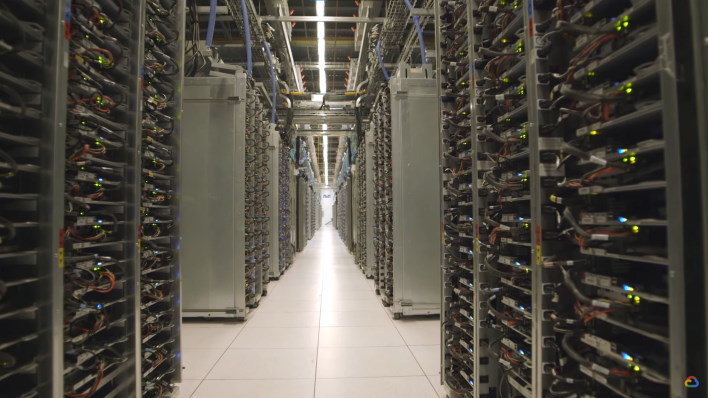Google Claims Its AI Tech Can Design Computer Chips Much Quicker Than Puny Humans

For years, we have known that AI can beat humans at games like Go, Starcraft, and up to 57 different Atari 2600 games. However, it is commonly believed that AI cannot beat humans at designing things, but that is not necessarily the case. Google has decided to use AI to design microchips for its next generation of Google Tensor Processing Unit, and it can be done in 6 hours, whereas humans can take several months or longer.
When it comes to designing computer chips, one of the more laborious yet highly important tasks is laying out the components in what is called a chip floorplan. Where all the physical parts go can have a massive impact, affecting power consumption, performance, and chip area. Getting this just right to min-max the design can take time even for skilled engineers, but if an AI could be trained to do it, then it could save time and costs.

With these results, Google is using AI in production for its next-generation of Tensor Processing Units (TPUs). Hopefully, this active use of AI will speed up the supply chain and lead to developments in the semiconductor industry that we could not have thought of previously. In any case, let us know what you think of this application of AI in the comments below.

